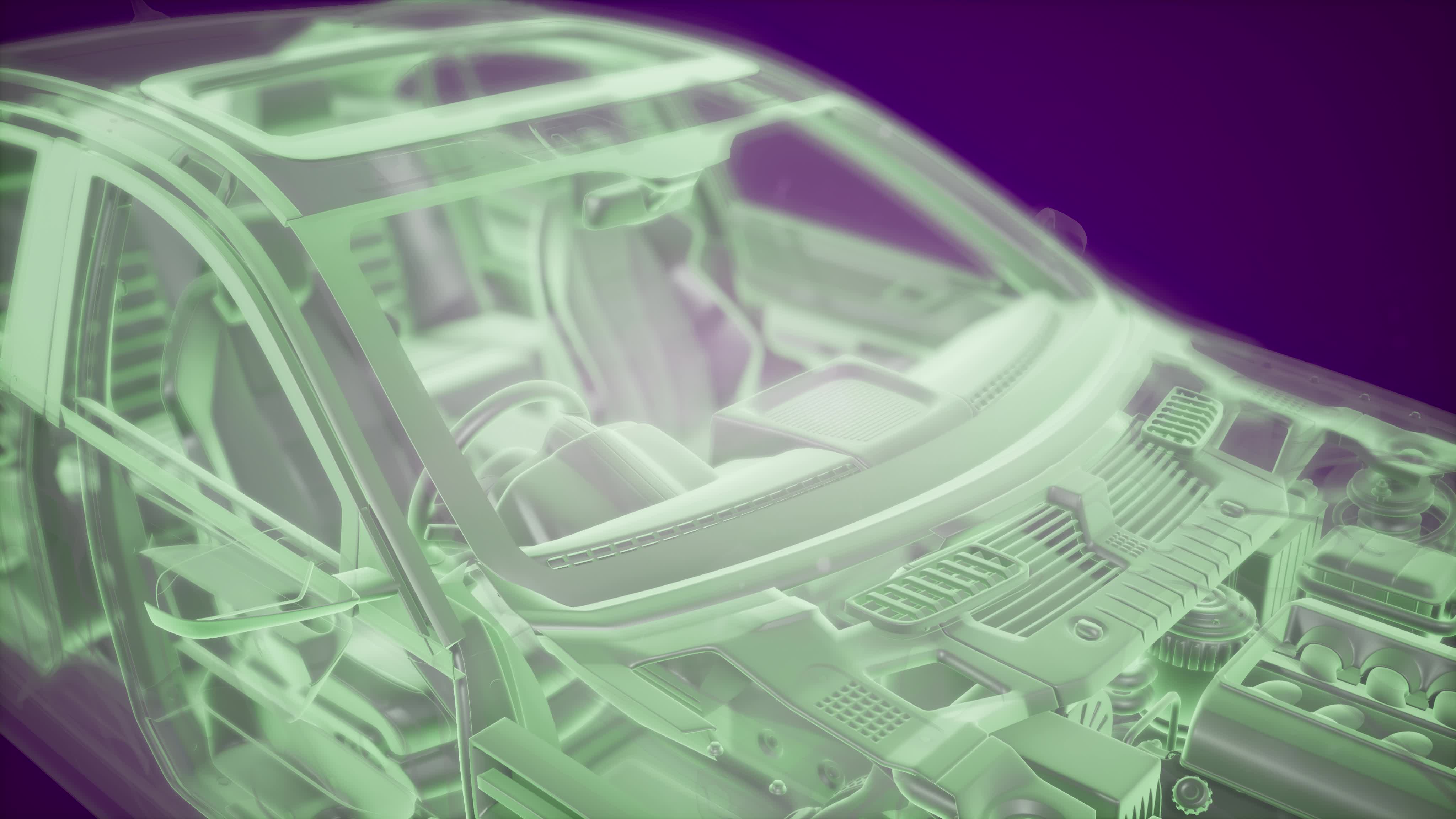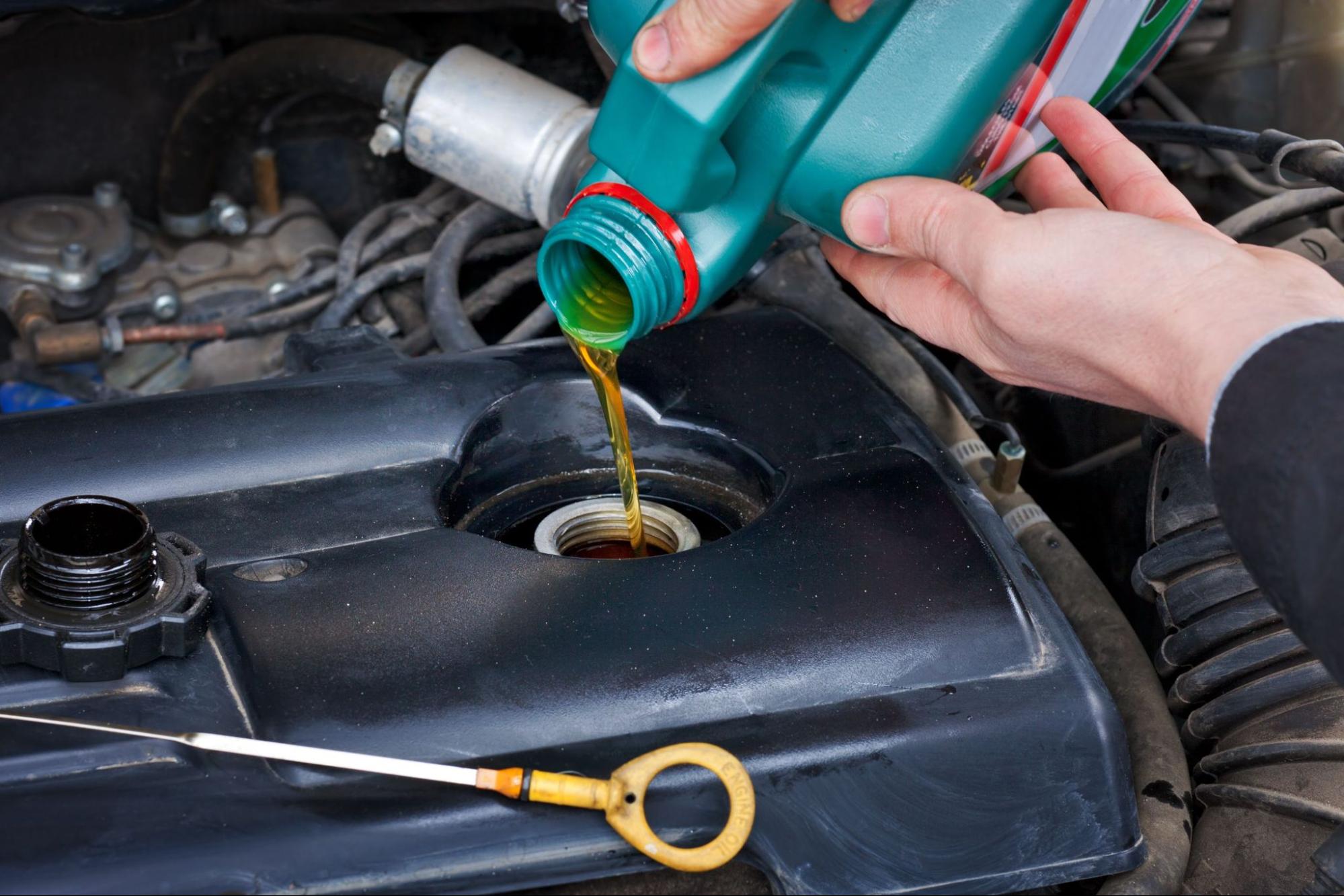Discussion Car Engine Slow To Start
If your car is taking longer than usual to start, it can be a frustrating and worrying experience. It could be a sign of a minor issue, such as a weak battery, or it could indicate a more serious problem, such as a failing starter motor. In this blog post, we’ll explore the common causes of a slow-starting car engine, and provide some tips on how to diagnose and fix the problem.
What are the signs and symptoms of a slow-starting car engine?

The most obvious sign of a slow-starting car engine is that it takes longer than usual to start. This can be accompanied by other symptoms, such as:
- The engine cranks slowly or weakly
- The engine hesitates or stalls before starting
- The engine makes a clicking or grinding noise when starting
- The engine fails to start at all
What are the causes of a slow-starting car engine?

There are a number of potential causes of a slow-starting car engine. Some of the most common include:
- Weak battery: A weak battery is one of the most common causes of a slow-starting car engine. If the battery doesn’t have enough power to crank the engine, it will take longer to start.
- Faulty starter motor: The starter motor is responsible for cranking the engine. If the starter motor is faulty, it may not be able to crank the engine quickly or efficiently, which can lead to a slow start.
- Dirty or corroded battery terminals: Dirty or corroded battery terminals can prevent the battery from making a good connection with the starter motor. This can lead to a slow start or even prevent the engine from starting at all.
- Loose or damaged wiring: Loose or damaged wiring can also prevent the battery from making a good connection with the starter motor. This can lead to a slow start or even prevent the engine from starting at all.
How can I diagnose the cause of a slow-starting car engine?

Diagnosing the cause of a slow-starting car engine can be a challenging task, but there are a few steps you can take to try and identify the problem:
- Check the battery: The first step is to check the battery. Make sure that the battery terminals are clean and free of corrosion. You can also use a voltmeter to test the battery’s voltage. If the battery is weak or dead, it will need to be replaced.
- Check the starter motor: If the battery is not the problem, the next step is to check the starter motor. You can do this by listening for the starter motor when you turn the key. If you hear the starter motor clicking but the engine is not cranking, it may be a sign that the starter motor is faulty.
- Check the wiring: If the battery and starter motor are both working properly, the next step is to check the wiring. Make sure that all of the wires are connected securely and that there is no damage to the wiring.
How can I fix a slow-starting car engine?
![]()
Once you have identified the cause of the slow-starting car engine, you can begin to fix the problem. Here are a few tips:
- Replace the battery: If the battery is weak or dead, it will need to be replaced. You can replace the battery yourself or have it replaced by a mechanic.
- Repair or replace the starter motor: If the starter motor is faulty, it will need to be repaired or replaced. You can repair or replace the starter motor yourself or have it repaired or replaced by a mechanic.
- Clean or replace the battery terminals: If the battery terminals are dirty or corroded, they should be cleaned or replaced. You can clean the battery terminals yourself or have them cleaned by a mechanic.
- Tighten or replace the wiring: If the wiring is loose or damaged, it should be tightened or replaced. You can tighten or replace the wiring yourself or have it tightened or replaced by a mechanic.
Car Engine Slow To Start: A Personal Experience
I’ve experienced a slow-starting car engine firsthand. It was a cold winter morning, and I was running late for work. I got into my car and turned the key, but the engine just cranked slowly and weakly. I tried again, but the same thing happened. I was starting to panic, because I didn’t have time to call a mechanic. I decided to try one more time, and this time the engine finally started. I was relieved, but I knew that I needed to get my car checked out as soon as possible.
I took my car to a mechanic, and he diagnosed the problem as a weak battery. He replaced the battery, and my car has been starting fine ever since. I’m glad that I was able to get the problem fixed before it caused me any more trouble.
Car Engine Slow To Start: What is it?
A slow-starting car engine is a condition in which the engine takes longer than usual to start. This can be caused by a number of factors, including a weak battery, a faulty starter motor, dirty or corroded battery terminals, or loose or damaged wiring.
A slow-starting car engine can be a frustrating and worrying experience. It can also be a safety hazard, as it can make it difficult to start your car in an emergency situation.
Car Engine Slow To Start: History and Myths
The history of slow-starting car engines goes back to the early days of the automobile. In the early 1900s, cars were started using a hand crank. This was a difficult and time-consuming process, and it was not uncommon for cars to take several minutes to start.
In the 1920s, the electric starter motor was invented. This made it much easier to start cars, and it quickly became the standard way to start a car.
Over the years, there have been many myths and misconceptions about slow-starting car engines.
Car Engine Slow To Start: Hidden Secrets
There are a number of hidden secrets to starting a car engine. One secret is to turn the key to the “on” position and wait a few seconds before starting the engine. This will give the fuel pump time to prime the engine with fuel.
Another secret is to press the gas pedal slightly while starting the engine. This will help to start the engine more quickly.
Car Engine Slow To Start: Recommendations
If you are having problems starting your car, there are a few things you can do to try and fix the problem yourself. First, check the battery terminals to make sure that they are clean and free of corrosion. You can also try tightening the battery terminals to make sure that they are making a good connection.
If the battery terminals are clean and tight, the next step is to check the starter motor. You can do this by listening for the starter motor when you turn the key. If you hear the starter motor clicking but the engine is not cranking, it may be a sign that the starter motor is faulty.
If you are not able to fix the problem yourself, you should take your car to a mechanic. A mechanic will be able to diagnose the problem and fix it for you.
Car Engine Slow To Start: Related Keywords
Here are some related keywords that you may find helpful:
- Car won’t start
- Engine cranks but won’t start
- Slow-starting car engine
- Weak battery
- Faulty starter motor
- Dirty or corroded battery terminals
- Loose or damaged wiring
Car Engine Slow To Start: Tips
Here are a few tips that can help you to prevent your car engine from starting slowly:
- Keep your battery clean and free of corrosion.
- Tighten the battery terminals regularly.
- Have your starter motor checked and serviced regularly.
- Replace your battery every 3-5 years.
- Park your car in a garage or other protected area to protect it from the elements.
Car Engine Slow To Start: What Causes It?
There are a number of factors that can cause a car engine to start slowly. Some of the most common causes include:





